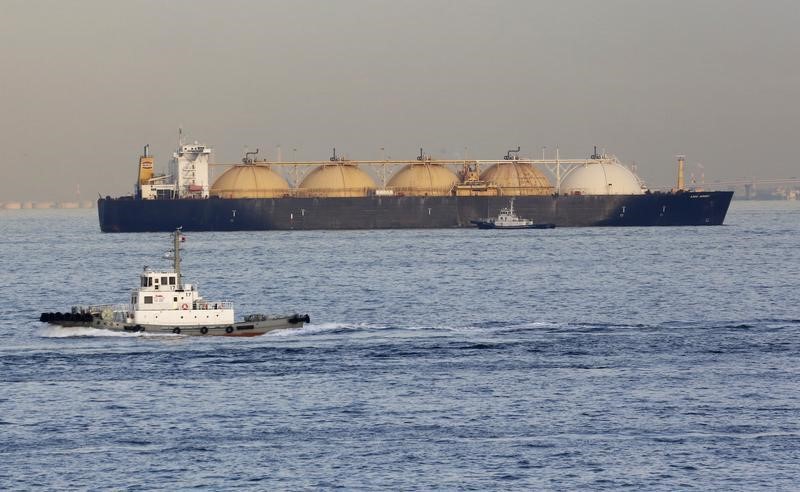This post was originally published on this site

The goal would be embedded in a regulation accompanying a demand-reduction plan the European Commission is scheduled to unveil Wednesday to cope with a potential full cutoff by Moscow. The measure also would include a mandatory trigger if the situation worsens and voluntary curbs are insufficient, according to three EU diplomats with knowledge of the matter.
Under its “Save gas for a safe winter” plan, the commission plans to recommend steps that include reducing heating and cooling, as well as market-based measures. As much as 1.5% of the region’s gross domestic product is at risk in the event of a harsh winter, according to a draft commission estimate seen by Bloomberg News.
The EU’s biggest challenge this winter is to ensure sufficient gas supplies to fuel furnaces and power generators.
The commission is working under the assumption that Russia will not resume full deliveries via the Nord Stream 1 pipeline that has been closed since earlier this month for repairs, Budget Commissioner Johannes Hahn said on Tuesday. The pipeline was only flowing at about 40% capacity before the repairs began.
Read more: EU Plans Steps to Cushion Impact of Sudden Russian Gas Halt
Curtailments of Russian shipments have affected 12 member states and prompted Germany to raise its gas-risk alert to the second-highest level last month. Overall flows from Russia in June were less than 30% of the 2016-2021 average, according to the document.
The planned regulation would grant the commission the right to declare a union-wide alert when there is a substantial risk of a severe supply shortage or a demand spike, according to the diplomats, who asked not to be identified as talks on the proposal are private. The EU has a policy of not commenting on draft rules.
The measure will need approval from member states, which the commission may seek as soon as next week during an emergency meeting of energy ministers. A large group of countries opposes mandatory cuts, arguing that national governments already have emergency plans and will reduce demand regardless of whether they are obliged to by the EU, the diplomats said.
©2022 Bloomberg L.P.

